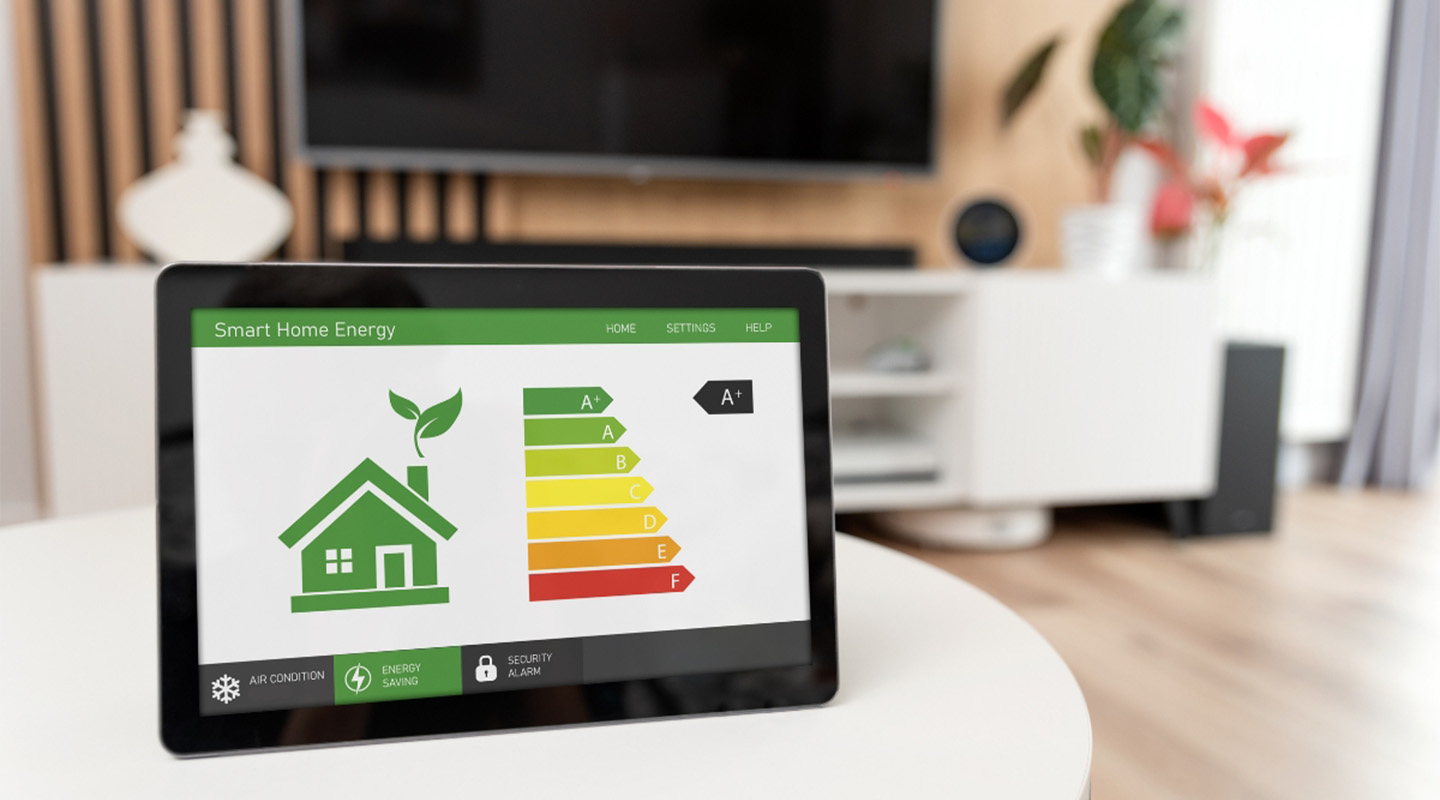
The Impact of Aircon Cleaning on Energy Efficiency in Singapore Homes
The Energy Efficiency Equation
Air conditioning units play a pivotal role in maintaining a cool and comfortable indoor environment, but their operation comes at a cost – both financially and environmentally. The efficiency of an aircon system is directly related to how well it can cool a space with the least amount of energy. Over time, dirt, dust, and debris can accumulate within the unit, hindering its performance and increasing energy consumption.
The Role of Regular Aircon Cleaning
Clean Filters for Optimal Airflow: One of the primary factors influencing energy efficiency is the condition of the air filters. Over time, these filters accumulate dust and particles, restricting airflow and making the system work harder. Regular aircon cleaning involves cleaning or replacing filters, ensuring optimal airflow and reducing the load on the system.
Coil Cleaning for Heat Exchange: The coils in your aircon are responsible for heat exchange. When they are covered in dirt, the heat exchange process becomes less efficient, leading to increased energy consumption. Professional aircon cleaning includes thorough coil cleaning, ensuring optimal heat transfer and energy efficiency.
Efficient Thermostat Operation: A clean and well-maintained aircon system responds more accurately to thermostat settings. When the system is clogged with dirt, it may struggle to reach the desired temperature, leading to prolonged operation and higher energy consumption. Regular cleaning ensures precise thermostat operation, contributing to energy savings.
The Cost of Inefficient Aircon Systems
High energy consumption not only results in elevated electricity bills but also places additional stress on the power grid, contributing to increased carbon emissions. In Singapore, where environmental sustainability is a growing concern, taking steps to enhance the energy efficiency of aircon systems aligns with broader efforts to create a greener and more eco-friendly living environment.
DIY Aircon Cleaning Tips for Energy Efficiency
While professional aircon cleaning is recommended for a thorough and effective maintenance routine, there are some DIY tips that homeowners can implement to promote energy efficiency between professional servicing sessions:
Regular Filter Checks: Make it a habit to inspect and clean or replace air filters every few weeks. Clean filters ensure unrestricted airflow, reducing the workload on the system.
Keep the Surrounding Area Clean: Ensure that the area around the outdoor unit is free from debris and vegetation. This promotes better heat dissipation and helps the system operate more efficiently.
Check and Clean Vents: Inspect and clean air vents regularly to prevent blockages. Obstructed vents can lead to uneven cooling and increased energy consumption.
The Environmental Impact
Beyond personal financial savings, energy-efficient aircon systems contribute to environmental conservation. Reduced energy consumption means lower greenhouse gas emissions associated with electricity generation. By adopting practices that enhance energy efficiency, homeowners in Singapore can play a part in mitigating the environmental impact of air conditioning systems.
While DIY maintenance is beneficial for day-to-day upkeep, normal aircon servicing is indispensable for a comprehensive and thorough cleaning process. Trained technicians use specialized equipment to clean internal components, ensuring that the system operates at peak efficiency.
Conclusion
Regular aircon maintenance not only enhances the performance and lifespan of your air conditioning system but also contributes to a greener and more energy-conscious society. By prioritizing aircon cleaning, homeowners in Singapore can enjoy a comfortable indoor environment while actively participating in the collective effort to build a more sustainable future.
